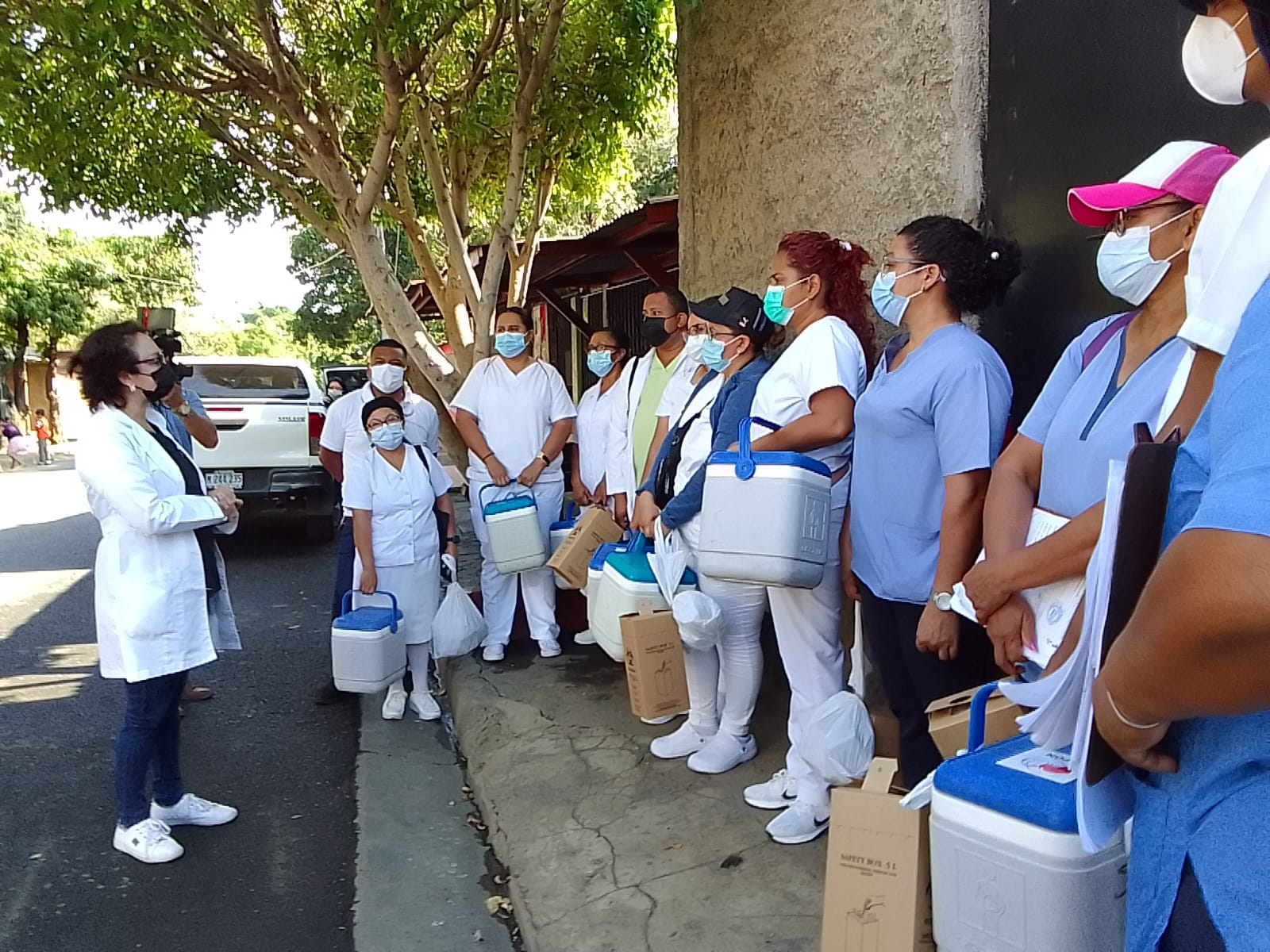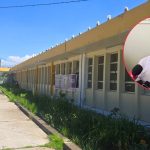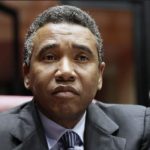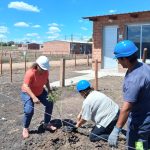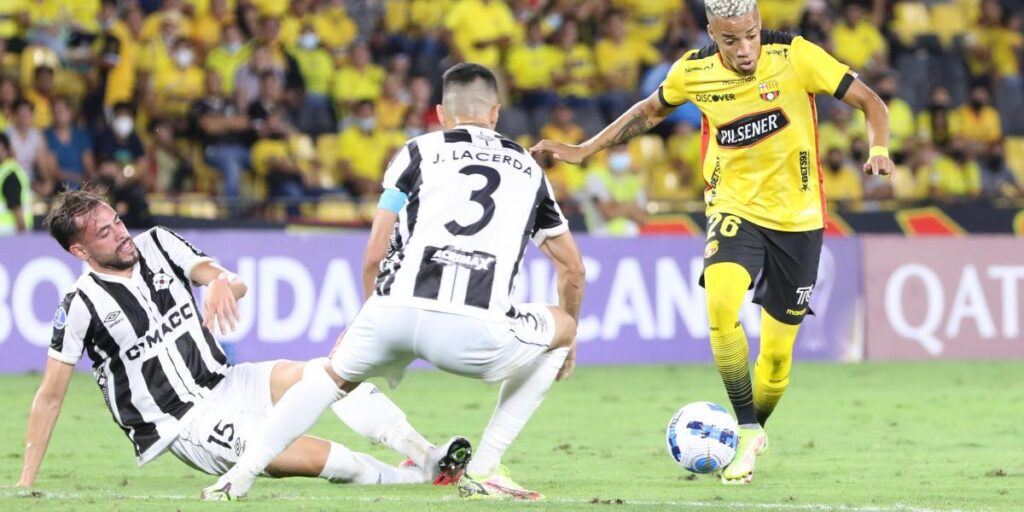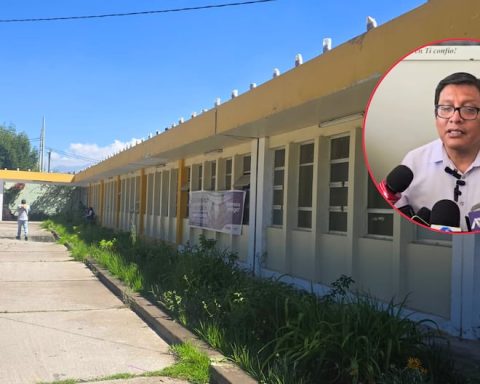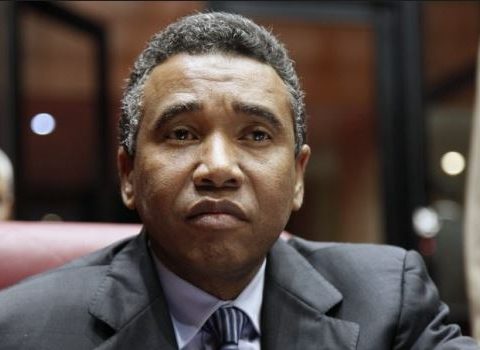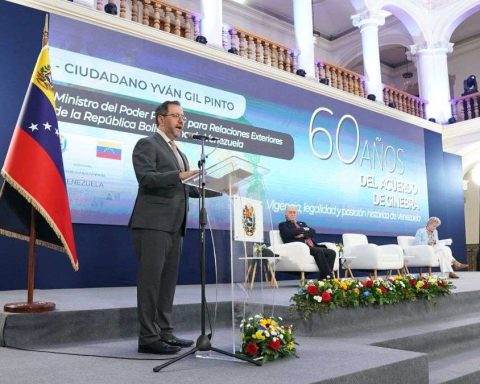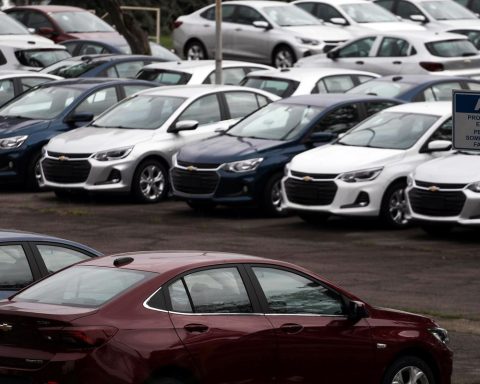“Karla” tried to apply the booster dose against covid-19 in Nicaragua two weeks ago, but the Ministry of Health (Minsa) brigade that treated her told her that her vaccination card is not “valid” in Nicaragua and urged her to immunized with two additional doses, assuring him that the primer was a requirement for medical care in health centers. She traveled to Honduras in 2021 to complete her Moderna vaccination schedule, because she considered that in the country “there was safe serums” for your age group.
“They told me that it is not valid here —the vaccination card from Honduras—. It works for me to leave the country and do business in Honduras, but not in my country. That if I wanted to do some kind of management, go to the hospital for consultation, I was not going to be able to be attended to for obvious reasons. They told me that I had to start the vaccination cycle again and they gave me the option of being vaccinated with Astrazeneca or Sputnik, ”said the 25-year-old, who refused to be vaccinated under these conditions and requested that her identity be reserved to avoid retaliation.
A source from the health sector linked to the German Nicaraguan Hospital (HAN) confirmed that since the beginning of 2022, most health centers and hospitals request the vaccination card against covid-19 and the orientation is to invalidate health documents that do not correspond to the Minsa . “If you don’t present a card, they don’t receive you in admission (for external consultation), but in Emergencies they do omit it due to the circumstances,” she assured.
In mid-March, “Carmen”, 50 years old, went to a health center in Managua because she had a bad cough and required a general consultation. Upon arriving at the scene, a nurse requested her vaccination card against covid-19 and told her that it was a requirement to be assisted. She explained that she did not bring it with her, but assured them that she had completed her vaccination schedule, including her booster. However, she was told that without her card they could not attend to her.
Seeing that the lady was leaving, the nurses suggested vaccinating her again. She refused and complained that her right to health was being violated. Finally, after so many allegations, the authorities agreed to review it, she said.
Although the regime’s discourse, since the start of vaccination against covid-19, in March 2021, has focused on voluntariness. “Karla” considers that in a certain way there is a requirement between the lines. “They tell you it is not required, it is voluntary, but obviously when you indicate that you cannot be treated for x and y reasons that you have a problem and that you will want to attend to yourself, one will be rejected for not wanting to be vaccinated,” she said.
In another area of the country, “Carlos”, 24 years old and also vaccinated in Honduras, had no problems with his vaccination card. The young man was given the reinforcement in Estelí and without presenting his Honduran immunization card. The nurse allowed him to choose from all the available serums and they injected him with Pfizer, which is supposedly only applied to pregnant women and children with chronic conditions. He considers that it is probable that in Managua there is more control over vaccines than in the departments, where he verified that they were more flexible.
Minsa must recognize any vaccination card
Epidemiologist Leonel Argüello explained that the Minsa has the obligation to receive a person’s vaccination card, even if it is from abroad, since it is an important part of the patient’s medical history. And he assured that it is not necessary to start from scratch as if the person had never been vaccinated, since “from the point of view of immunity or defense, your body has a memory that it does not forget.”
However, since March 10, the Minsa began what it called “a new stage of vaccination against covid-19.” People over 18 years of age and three months after completing their immunization schedule can be vaccinated with two doses, which in practical terms, is the fourth and fifth booster applied one month apart.
“The ideal is to focus on completing the vaccination schedules, which have not yet reached 80% by age groups and territories, and focus on the third dose or booster,” Argüello stressed.
The population of the Nicaraguan Caribbean with the complete vaccination schedule was between 21 and 45%, according to an analysis of data from CONFIDENTIAL based on figures from the National Health Map. In the rest of the country, it exceeded 60%. As of April 1, according to the Pan American Health Organization (PAHO), Nicaragua has completed the scheme for 65.6% of its population.
In total, a little more than 10 million doses have been applied according to OPS, but it is unknown how many of these correspond to the third booster. And with the new vaccination scheme, which according to the vice president, Rosario Murillo, until April 5 had immunized 850,000 people, equivalent to more than 19% of the population, does not allow to determine the real extent of vaccination in the Nicaraguan citizenship.
Argüello explained that if a new vaccination scheme is started in people already vaccinated, in reality they are not new doses, but “the fourth, fifth and sixth boosters and these could be harmful due to overstimulation.” This is still being investigated in countries where they have put several reinforcements, but mainly, with serums from Pfizer, Moderna and Johnson and Johnson; vaccines that are not being applied in Nicaragua, with the exception of Pfizer for small groups.
From the epidemiological perspective and for the control of covid-19, Argüello insisted on ensuring that more than 80% of the population is vaccinated with its two doses and booster. “Vaccinating people who are already vaccinated helps raise their defenses but does not contribute to disease control, since there are many people who are not vaccinated and therefore are susceptible to getting sick and complications,” he said.
Fourth and fifth doses?
The Minsa began the application of the new vaccination schedule without providing any scientific argument about the decision. Several studies at the end of 2021 showed that the third injections or boosters of the covid vaccines “were effective” in guaranteeing a little more protection against the omicron variant, points out an article in the journal Nature.
“We are in totally uncharted territory for vaccinology,” Danny Altmann, an immunologist at Imperial College London, told Nature magazine. “We have run into a de facto program of frequent mRNA boosts as an emergency measure, but this really doesn’t seem like the way to go,” he said in January this year.
The United States Food and Drug Administration (FDA) authorized this March 29, a fourth injection or second booster dose of the Pfizer or Moderna vaccines for people over 50 years of age and immunocompromised citizens.
The FDA based its decision on data from the Israeli Ministry of Health, after administering 700,000 fourth doses of Pfizer to people over 60 years of age, four months after the first booster, and evaluating that there were no safety problems and favored greater protection against SARS. – CoV-2 and its variants.
The scientific debate is still open on how the following doses against covid-19 should be applied, taking into consideration that, as time goes by, the immunity generated by the vaccines decreases.
